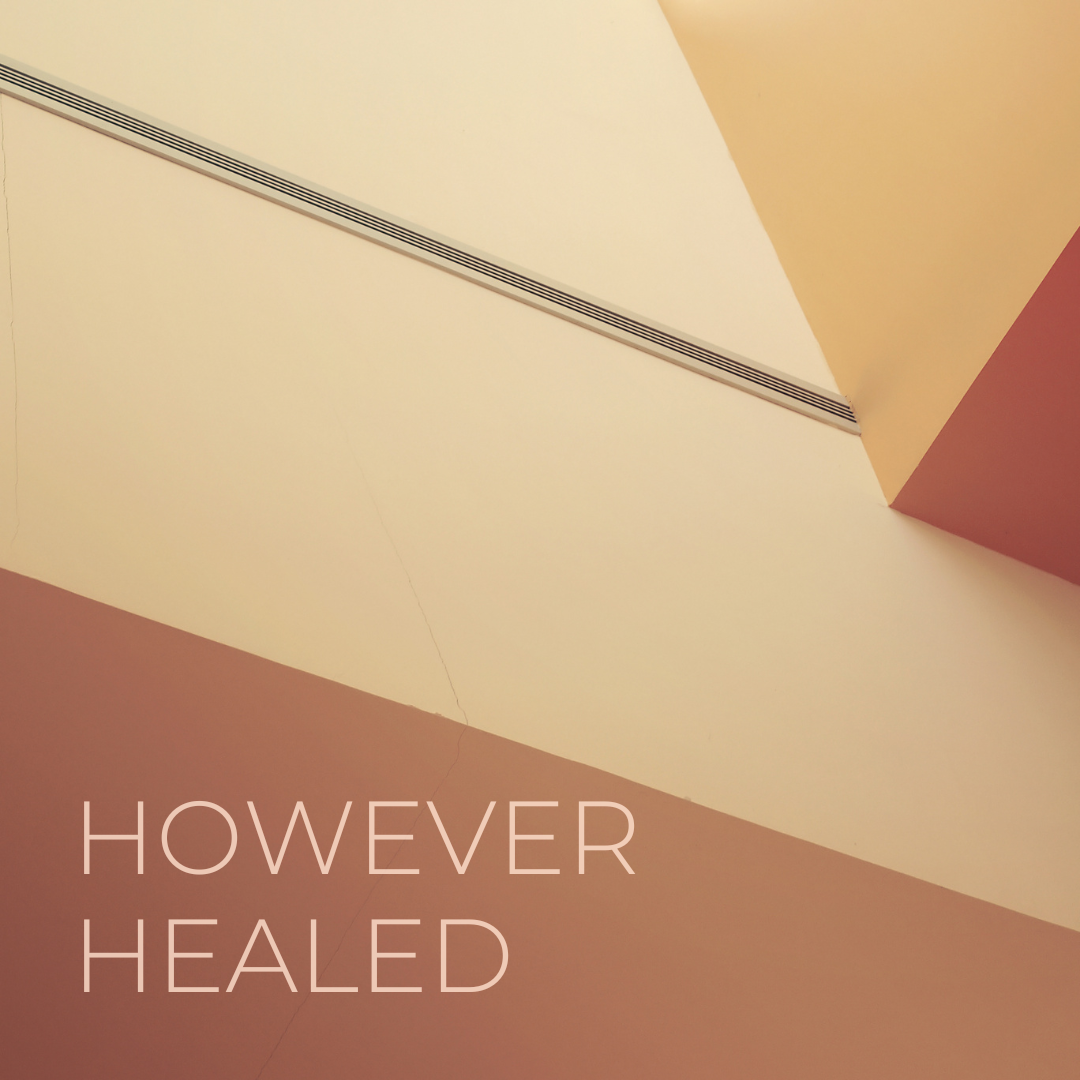
Notice how the cross and the doors and the clock are all off-center, yet it still remains in balance.
— Columbus, 2017
I was having breakfast with a couple of old friends last week. While I wouldn't go so far as to say our conversation was dominated by detailed discussions about our respective medical conditions, let's just say the topic arose more than once. It started to remind me of those commercials warning us about turning into our parents. It's inevitable I guess.
Having shared this, I think I've now become pretty philosophical about the process of getting older. First of all, it's happening whether I like it or not. This is just the way it works. It's inevitable, I guess. I pushed back against it for a long time though. As I moved into my early 40s, I took it quite poorly when it became undeniable that I wasn't as fast or as strong or as durable as I used to be. Then I experienced an event which left me with some double vision in one of my eyes. I remember sitting in an office asking a surgeon, "So, you're saying I just have to live with it?" He responded there wasn't anything to be done, but that as my brain compensated for it, I'd get used to it. And even if I didn't, I would still have to. Physically, it couldn't be healed.
We each collect a series of indelible scars—both physical and psychological—as our lives proceed: the troubles we encounter, the maladies we contract, the injuries we sustain. Time itself inevitably leaves permanent marks on our bodies—ossified bones, weakened muscles, forgetful minds, poisoned organs. Then there's our spirits. Some sorrows we don't ever fully overcome. There are losses that stick. Experiences that, in ways both seen and unseen, take a bite out of us, fractionalizing us, diminishing us in a manner that brooks no pharmaceutical answer. No biological resolution. No medical cure. There are simply things that happen to us from which we can never be fully healed.
However.
I was at Houston's Methodist Hospital this past week, and it struck me anew that though their mission focuses on healing our physical afflictions and frailties, they are quite overt about the crucial importance of tending the human spirit as well. It's telegraphed in the vibrant yet soothing paintings adorning the hallways. It's in the vivid photo galleries, the quiet gardens, and the sacred chapels nestled here and there around and between the buildings. It's in the form of the striking statue of Christ in the main lobby and a sprawling mosaic mural depicting Him with hands outstretched high above another. It's in the live music coming from the piano and pianist near the front entrance and in the singers preparing to perform in a nearby atrium along with a string quartet. With Scripture etched in stone around the campus and uplifting poems by Dickinson, Frost and others arrayed across the elevator banks, it's clear those stewarding the hospital space have more than physical healing in mind.
Our healing comes in many forms. Even if it's only a measure of healing; if it's only temporary and targeted toward conditions that are intractable or incurable, it's still available. It's still placed on offer to us. Perhaps we don't as readily think of things like poetry, music, paintings, and sculpture as healing because they?re not completely curative. But neither, in the end, is medicine.
I recently re-watched a beguiling, evocative movie called Columbus, which suggests there's a healing power in architecture. "You see," one character says to another as they ascend the steps of a church, "how the door, the cross, and the clock are all off-center, yet it still remains in balance." They go on to speak of religion and modernity, of finding harmony. Healing harmony.
Where might you find such harmony? Your healing? The thing that heals you? Even if it's only temporary. Even if it's only partial. It might come in an unlikely place, in an unexpected form. Pitching batting practice to my sons' baseball teams always left me exhausted yet cleared of my own stingy pathologies. Churchill found calm in painting landscapes. It staved off "the black dog" as he called his psychic pain. What is it for you? Maybe it's fishing. Sweating it out in a yoga studio. A meditative walk that clears your mind. Listening to your soul as you listen to music. Maybe you have a favorite building. Approach it again in thought. Go to a museum. Choose a single painting and gaze at it for half an hour. Or just have breakfast with some old friends and witness a healing grace unfold.
God — May I find the time, and my place, to heal, however. Amen.
— Greg Funderburk





